Read my story on #robots: https://www.vice.com/en_us/article/i-talked-to-four-humanoid…doornails1
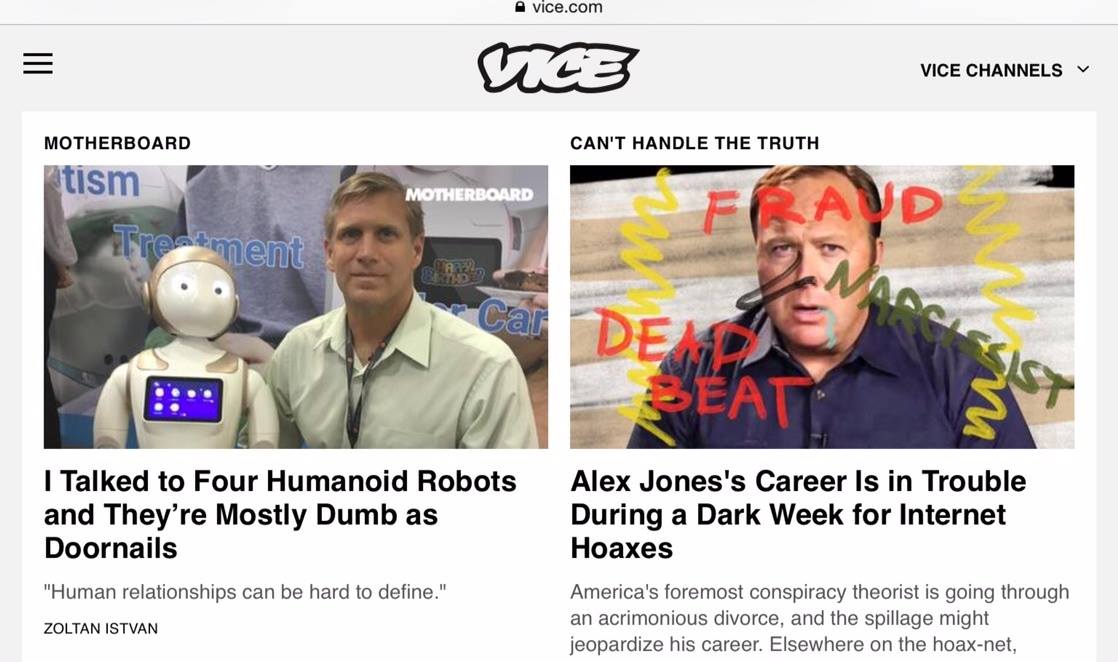

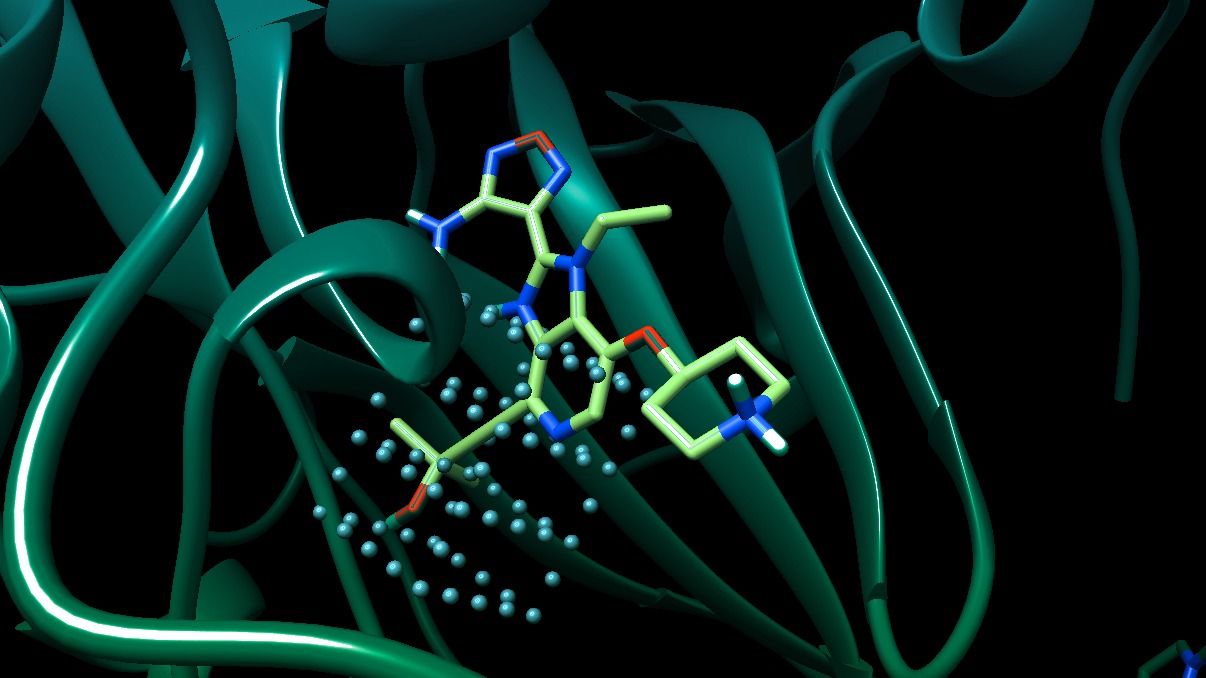
Artificial intelligence algorithms are being taught to generate art, human voices, and even fiction stories all on their own—why not give them a shot at building new ways to treat disease?
Atomwise, a San Francisco-based startup and Y Combinator alum, has built a system it calls AtomNet (pdf), which attempts to generate potential drugs for diseases like Ebola and multiple sclerosis. The company has invited academic and non-profit researchers from around the country to detail which diseases they’re trying to generate treatments for, so AtomNet can take a shot. The academic labs will receive 72 different drugs that the neural network has found to have the highest probability of interacting with the disease, based on the molecular data it’s seen.
Atomwise’s system only generates potential drugs—the compounds created by the neural network aren’t guaranteed to be safe, and need to go through the same drug trials and safety checks as anything else on the market. The company believes that the speed at which it can generate trial-ready drugs based on previous safe molecular interactions is what sets it apart.

I remember posting that video in here a few months ago. Some lab in California was testing their AI’s to drive cars in the game. I wish they’d let them goof around in Multiplayer it would be interesting to mess with one. How would it re act if it got attacked, if a random person hopped in a car and started playing with the radio or other weird stuff.
 By Tina Amini 2017/04/21 17:23:46 UTC
By Tina Amini 2017/04/21 17:23:46 UTC
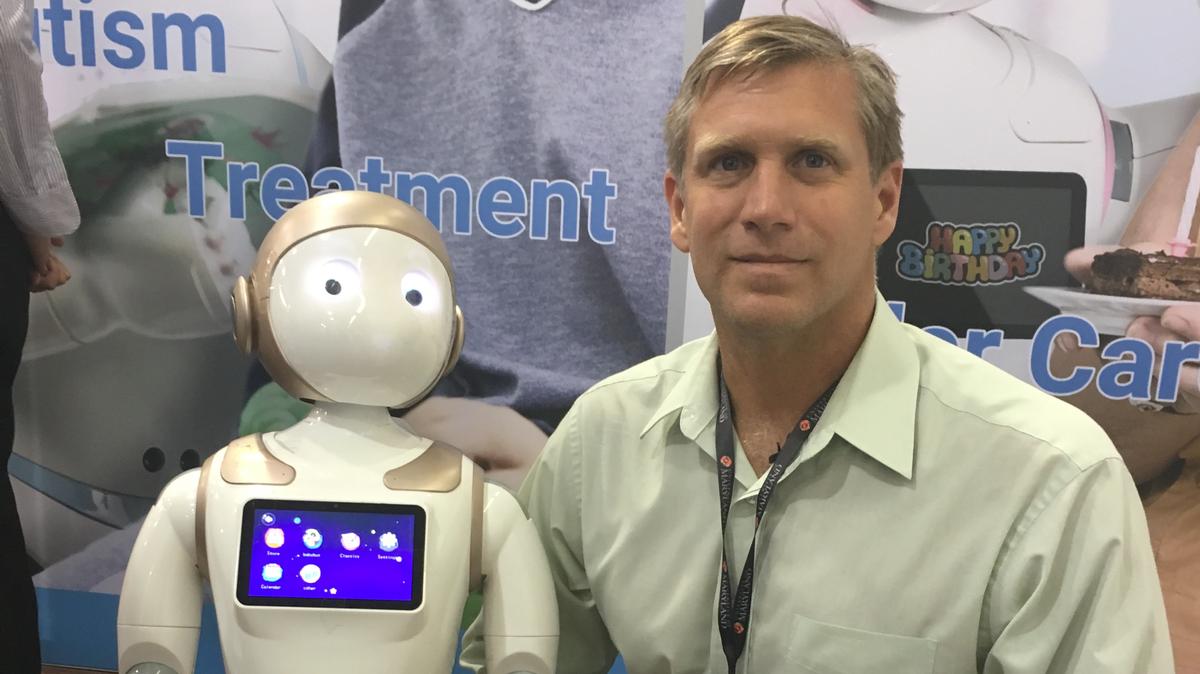
My new Vice Motherboard article on interviewing four humanoid robots: https://motherboard.vice.com/en_us/article/i-talked-to-four-humanoid-robots #transhumanism
“Human relationships can be hard to define.”
Over the last 18 months, I’ve found myself in the strange habit of hanging out and interviewing English-speaking humanoid robots. I was able to chat with four machines, each which possessed some level of artificial intelligence. Even though none of them could fully carry on normal conversations, they all had something to say. And sometimes, what they say and how they say it, is a piercing glimpse into the future of humanity.
Three of the robots I talked to were mass-production models: Pepper, Meccanoid, and iPal. The fourth was Han, which was presented by AI expert Dr. Ben Goertzel, chief scientist at Hanson Robotics. The various price tags of these bots range from $200 on Amazon, to potentially many millions of dollars for something like Han. The production robots are all between three to four feet tall and are mobile. Han is just an upper body, the torso of which rests against whatever he’s placed upon.
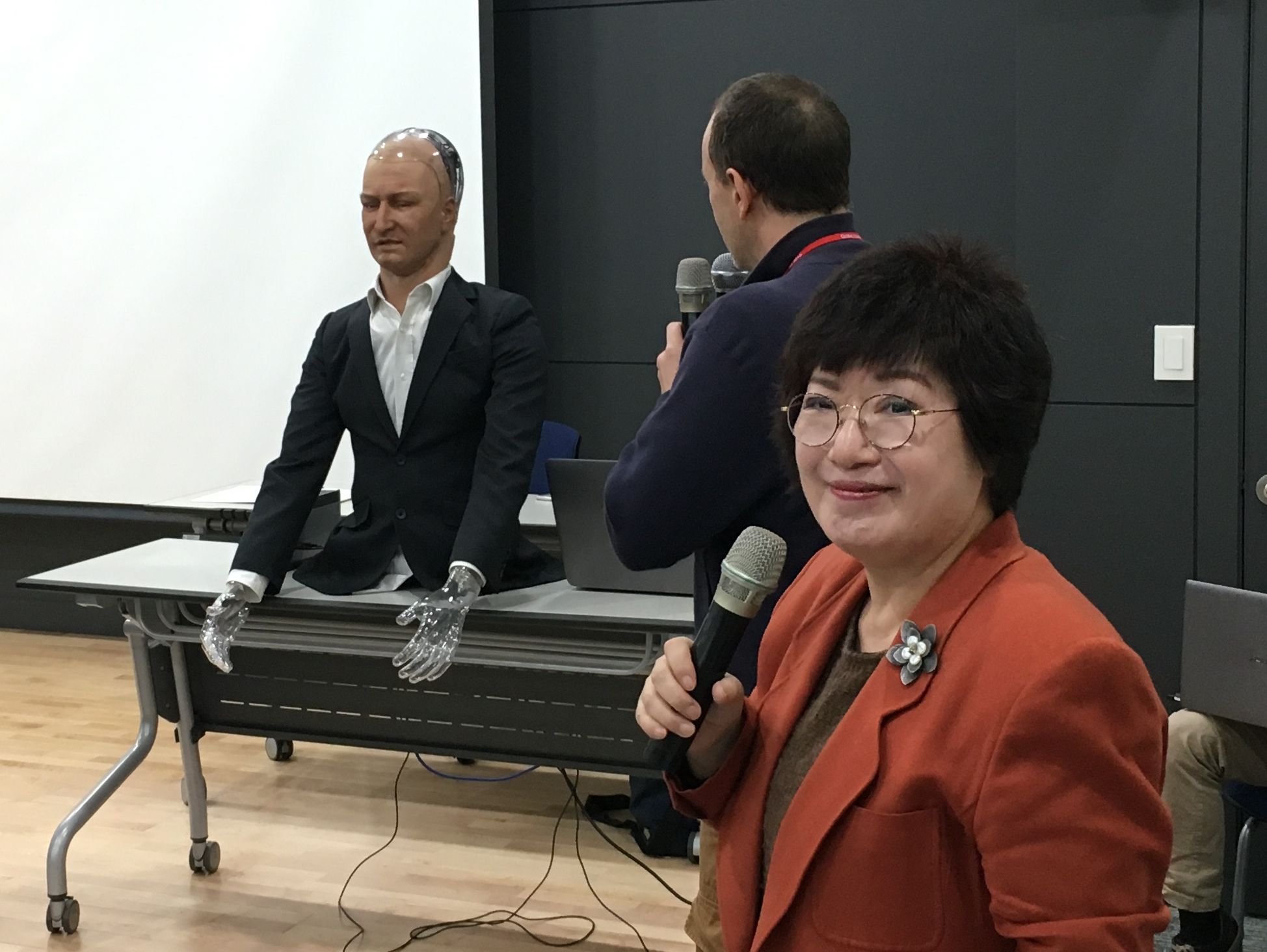
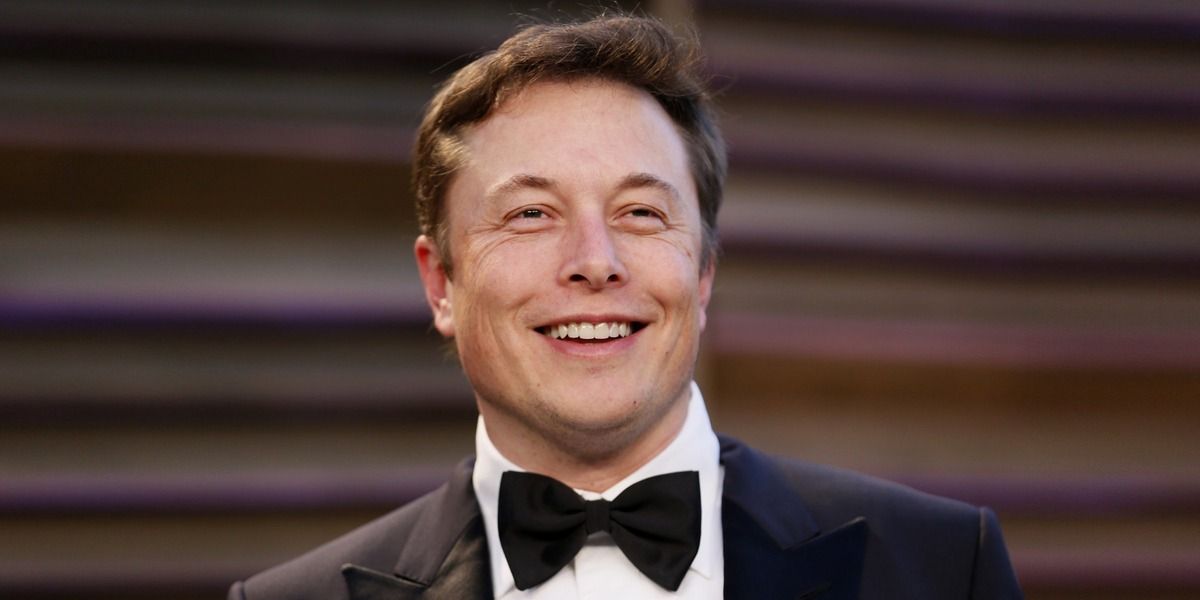
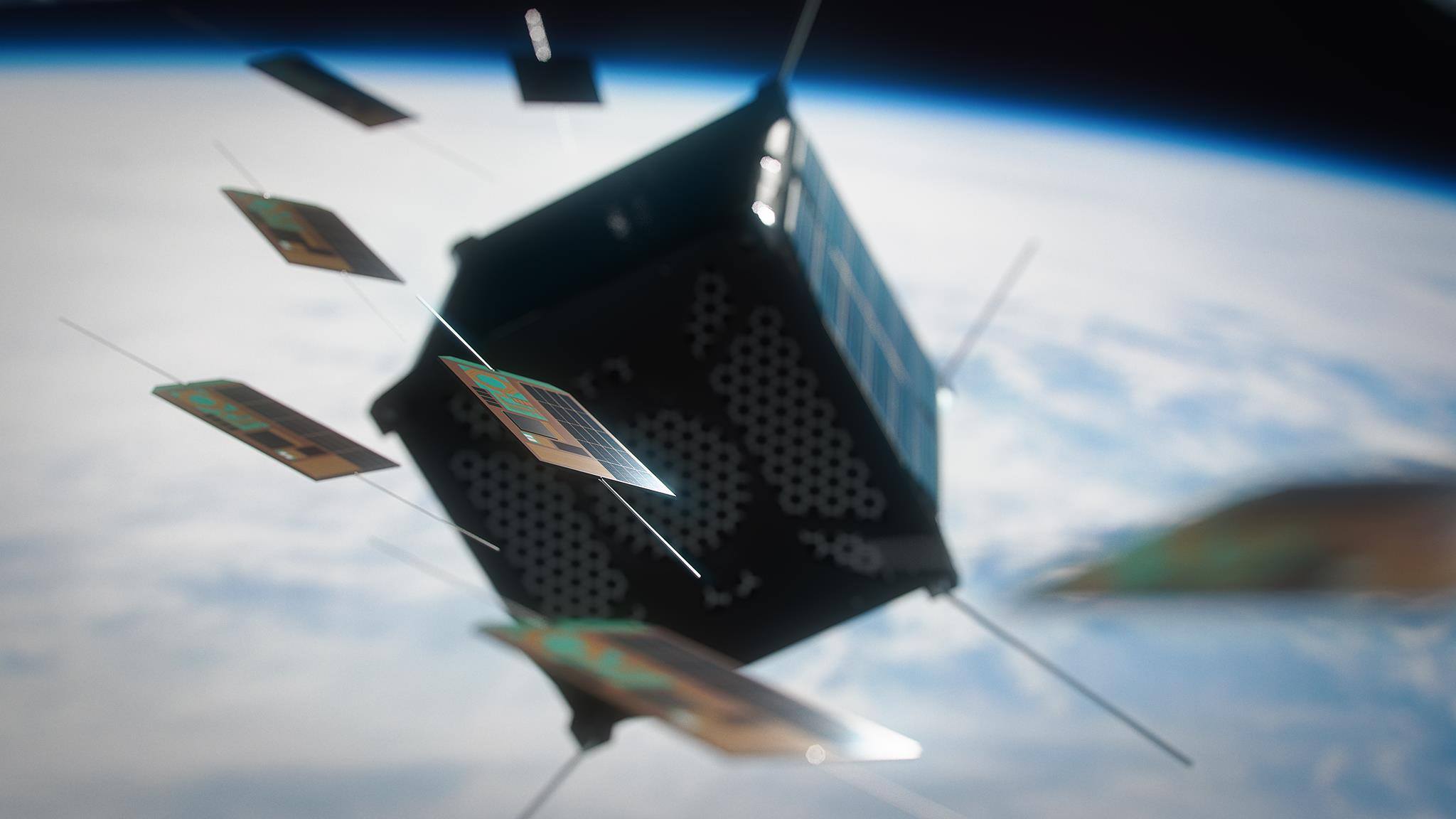
Conceptual artist Efflam Mercier, who has previously created images of an AI interstellar probe has now created images of ChipSats, a new class of space system that has the size of a fingernail and a mass of less than 10g (atto-sat class). i4is has started developing a ChipSat in the context of Project Glowworm.
Cylon Prototype?
Russia’s new gunslinging robot is not The Terminator, but it sure does looks like it.
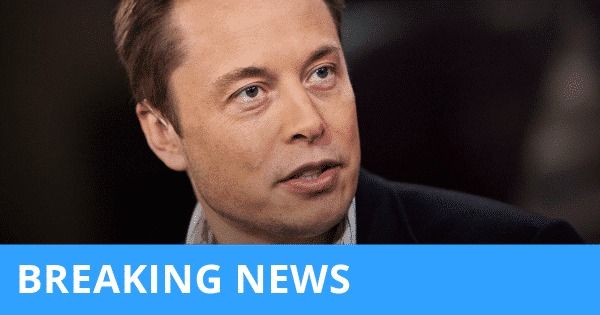
Fusion-driven rockets, remote control systems for space robots, and satellites that build themselves up in orbit are among the made-in-Washington projects getting a share of $49.9 million in NASA grants.
Seven businesses in Washington state will benefit from NASA’s latest round of Small Business Innovation Research grants and Small Business Technology Transfer grants, announced today.

My idea of leasing Federal lands to pay a basic income (coined #ZoltPay by some) has been catching on. People are asking for specifics, and here’s how I’d start getting all Californian’s money as a Governor my first year in Office without raising taxes. Naturally, to fully fund a state (as well as a national) basic income is an incremental process, in the same way automation is an incremental process. But there are methods to literally make all Californians wealthier almost overnight. The world is changing and we need bold transformative ideas to thrive. 40% of Californian’s live right around the poverty line. That’s simply unacceptable. The Dems and GOP have created this mess. Give someone else a shot now! Happy reading!
Zoltan Istvan, a Libertarian candidate for governor of California, wants to provide a universal basic income for all state residents — and lease out public lands to generate the revenues. Is it crazy talk?